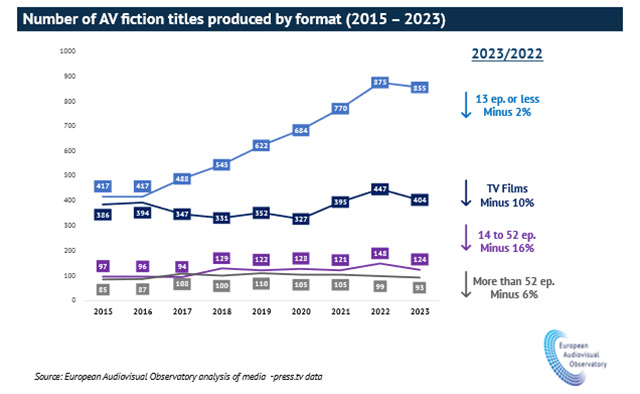Travel
Strong suit: Germany analysis

Germany remains the third largest business travel in the world after China and the United Statas, according to the Global Business Travel Association. In its Business Travel Index Outlook 2023, the forecast spending for 2023 for the country was US$69.9 billion (€64.6 billion), an increase of 38 per cent on the previous year.
According to the DRV association, spend on business travel through travel management companies and other agencies rose to €6.5 billion, up from €5.2 billion the previous year – a 25 per cent increase on the previous year.
National carrier Lufthansa enjoyed a vintage year, transporting 120 million passengers and securing the third best financial result in its history with earnings of €2.7 billion. However, the airline is bearish on business travel and is particularly concerned about geopolitical issues affecting its business.
In its annual report for 2023, the airline said, “Business travel is expected to continue its recovery in the 2024 financial year. A full return to the pre-crisis level is not expected, even in the medium term, however. This is due partly to greater use of digital communications tools and to the sometimes tense macroeconomic conditions to which many companies are exposed.”
Traffic at Germany’s main hub airport, Frankfurt, increased by 21 per cent year-on-year to 59.4 million travellers but was still nearly 16 per cent below pre-Covid levels.
Business travel did return, to some extent, on the railways. Deutsche Bahn said in its annual report that demand for long-distance rail passenger transport was characterised by the return of both leisure and business travellers. Long-distance travel for the year as a whole exceeded pre-Covid levels.
However, in March 2023, travel in the country was brought to a standstill by a public transport strike by unions seeking pay increases to cope with the higher costs of living. More than 400,000 workers took part and it was the biggest strike in Germany in decades, closing airports and seaports as well as the railways.
A survey by travel management company TravelPerk showed that 78 per cent of German business travellers had experienced disruption in 2023, far more than in comparable economies such as the US, the UK and France.
According to research from buyers association VDR, Germany’s travel managers are now focused on three key areas. The growing complexity of trips means that process optimisation is a priority for 95 per cent of buyers with more and more acting as interfaces between HR, purchasing, finance and IT. Sustainability and security are also becoming more important.
With the focus on the environment, the German business travel association VDR launched a pilot programme with eight TMCs, including Lufthansa City Center and ADAC Reisevertrieb, to help their clients reduced their carbon emissions related to business travel.
The programme begins by assessing the purpose of a trip, followed by “goal-oriented planning and intelligent booking” to help travellers choose ‘greener’ alternatives. It also features ‘transparent billing’ that should include CO2 values, as well as the calculation and compensation of the trip’s carbon footprint.
The year also saw the successful rebrand of all DerPART Travel Services agencies as DER BUSINESS. Der Touristik had sold off the previous agencies with the new name to Amex GBT in 2022 but retained the rights to use its old name.
Despite Lufthansa’s healthy figures and the return of business travel spending, Germany’s economy is still flatlining. The country ended the year with growth down by 0.3 per cent, according to the IMF. Rising interest rates and weaker domestic and foreign demand took their toll. The economy has recovered to above where it was before Covid hit – but not much more.
The IMF projects feeble growth of just 0.2 per cent in 2024 and says it will be 2025 before confidence regroups. Growing consumption, improved demand and moderate monetary policy easing is likely to see GDP growth accelerate to between 1 and 1.5 per cent during the next year or so.










.jpeg?tr=w-1200%2Cfo-auto)